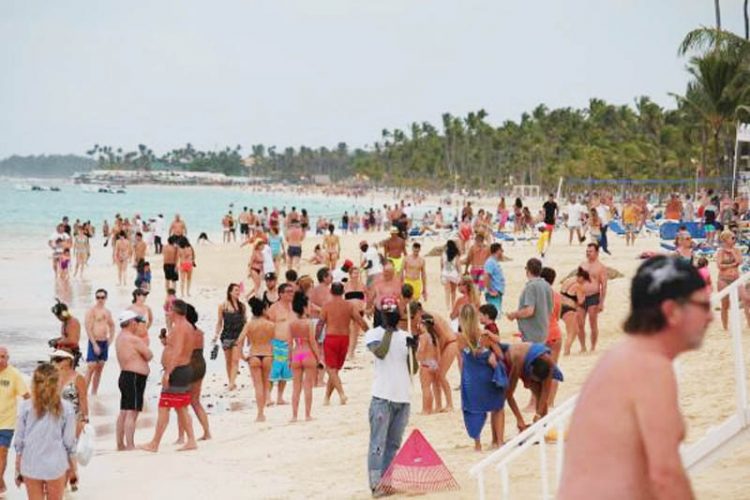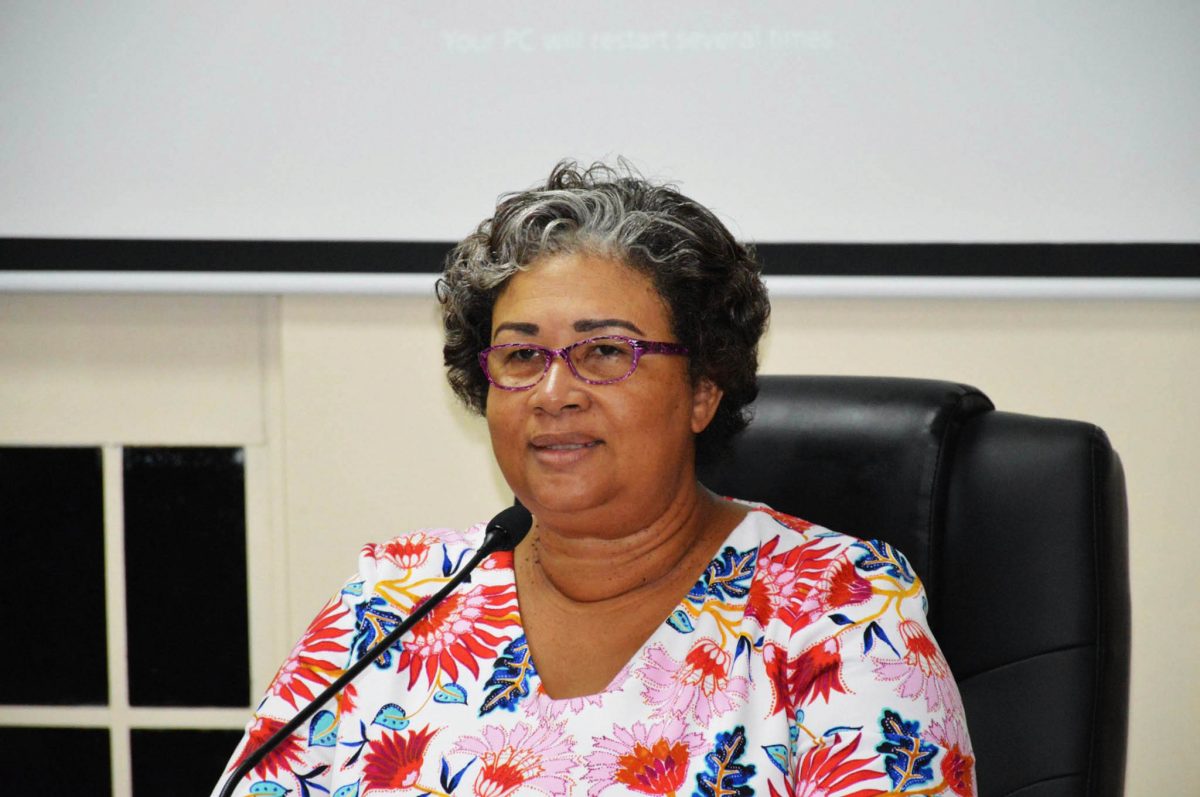The Caribbean COVID-19 Tourism Task Force is pointing to what it says is a strong link between continued diligence and adherence to public health safety protocols in the Caribbean and the pace at which the region realises a return to normalcy in a tourism industry upon which the economies of several of the countries are heavily dependent.
The Task Force is pressing the respective territories to take seriously the administering of vaccinations as these become available.

More than a year into the pandemic, all of the heavily tourism-dependent member countries of the Caribbean Community (CARICOM) have been making public the economic pain arising out of the COVID-19-related job losses in their respective education sectors. And while several of these territories, unable to endure for much longer the economic pain resulting from the decline in tourism revenue have been seeking to re-open resorts and provide the ‘green light’ for a restoration of normal air travel, these measures have only been able to move at a pace commensurate with the speed with which the protective procedures and protocols have been put in place.
In some CARICOM territories the pace of progress towards a normalisation of the tourism industry has also been negatively impacted by challenges associated with population delinquency insofar as adherence to the prescribed protocols is concerned. In some countries, notably Trinidad and Tobago at this time, the region’s relative success in containing the virus over the past year to levels below that which is being experienced in many parts of the world, now appears, in some instances to be on the edge of a decline that could impact on the full re-opening of the tourism sector or on just how long any restoration can be sustained.
Accordingly, the task force is cautioning the region that now is not the time to “let down our guard” since the months ahead are critical to pointing the way as to just how quickly the tourism-dependent region will be able to rebound. In several parts of the region the restoration of the tourism industry to some semblance of normalcy is considered to be the catalyst for getting people back to work and restoring billions of revenue that have been lost to both government and the private sector on account of the pandemic.
Executive Director of the Caribbean Public Health Agency (CARPHA) Dr Joy St. John has gone on record as saying that the region now finds itself in “a race against time.” CARPHA alluded to what she described as “variants which spread more rapidly,” and which the region should be mindful of, “lest we find ourselves moving backwards, rather than forwards. We must remain diligent while we continue to accelerate vaccinations of our populations, now that approved vaccines are becoming more available,” she added.
Accordingly, Dr St. John is urging the region to “continue to intensify their surveillance activities to rapidly screen, identify, test, quarantine, isolate and trace contacts of new cases; and for every resident and visitor to the Caribbean to do their part through physical/social distancing, wearing of masks, and practicing proper hand hygiene.”
The Task Force also is also urging members of the public who are able to do so to become vaccinated once vaccines become available. The vaccines, it says, are supported by data that overwhelmingly supports the safety of World Health Organization (WHO)-approved vaccines.
The efforts of CARPHA have been responsible for ensuring that more than 5,000 hotels and tourism-related managers and supervisors have undergone health and safety training linked to the precautions and protocols associated with the COVID-19 pandemic.










